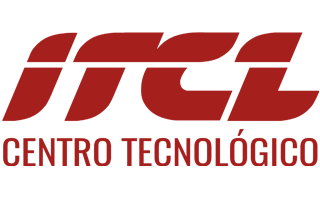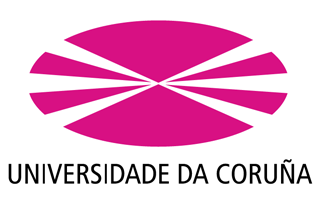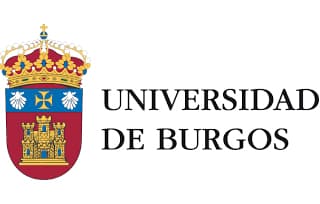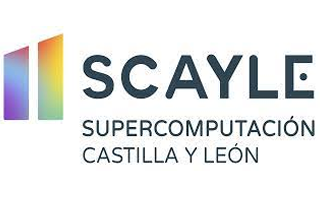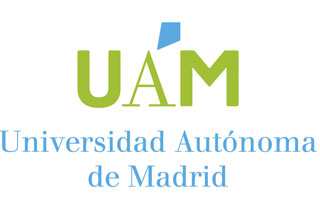
QuantumCrip – Research on the Ambivalence of Quantum Computing for Solving Optimization Problems and Post-Quantum Encryption
Project Description:
The QuantumCrip project encompasses two major lines of research and development. The first focuses on exploring quantum computing algorithms and applications, including their execution on both quantum computers and simulators. The second line centers on research into post-quantum cryptography algorithms proposed by NIST and their efficient implementation in hardware using FPGAs.
Project Objectives:
The project’s primary aim is to research, design, and develop a high-performance quantum simulator based on circuits, intended for open use by businesses and the scientific community. This simulator will be protected using hardware and firmware techniques for post-quantum security.
Secondary Objectives:
- Identify quantum optimization algorithms for execution on quantum simulators or real quantum computers.
- Redesign quantum algorithms for custom execution on general-purpose optimization problems.
- Design and develop a high-performance, low-power quantum simulator based on circuits, with a computing power of at least 32 qubits.
- Design and develop a quantum simulator based on circuits that requires minimal computing infrastructure while maximizing user performance.
- Identify post-quantum cybersecurity algorithms resistant to future-generation quantum computing and implementable on hardware.
- Design and develop specific hardware based on MPSoC + FPGA, incorporating secure communication encryption using post-quantum cybersecurity algorithms.
- Develop software tools to integrate FPGAs into general-purpose computing systems.
Main Outcome:
Upon completion, the project will enable effective hardware-based protection for information systems at both the local level and for devices under the IoT paradigm, including industrial systems. From a scientific-technological perspective, the project will provide an accelerated AI hardware architecture, allowing other researchers to introduce new algorithms or test vulnerabilities.
ITCL aims to efficiently implement post-quantum cryptography algorithms in FPGA devices, alongside developing software libraries to simplify their integration.
Project Duration:
June 2024-Mayo 2027
Project Leader:
Proyect Partners:
Funded by:
Funded through grants for R&D projects of regional interest aimed at excellence and enhancing competitiveness in Castilla y León Technology Centers, co-financed by the European Regional Development Fund (FEDER).
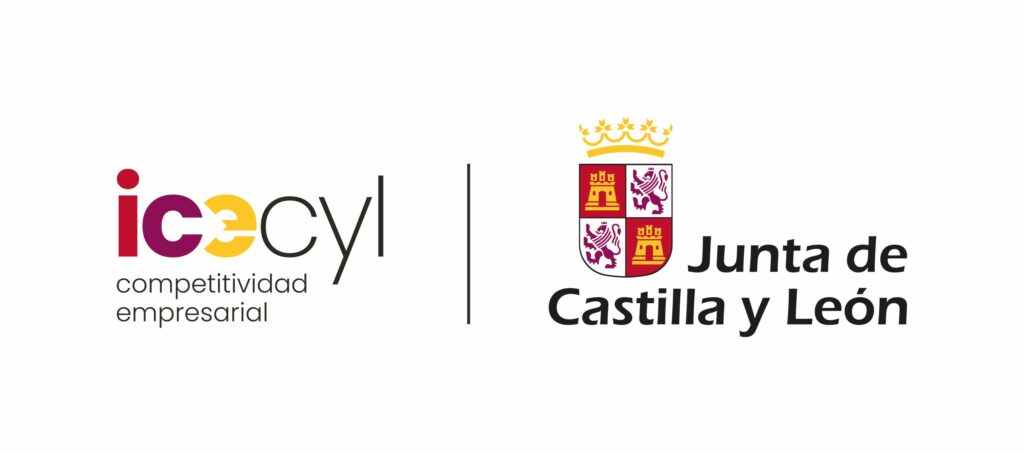

Contact Person:
Alejandro Mata – Researcher and AI Developer
